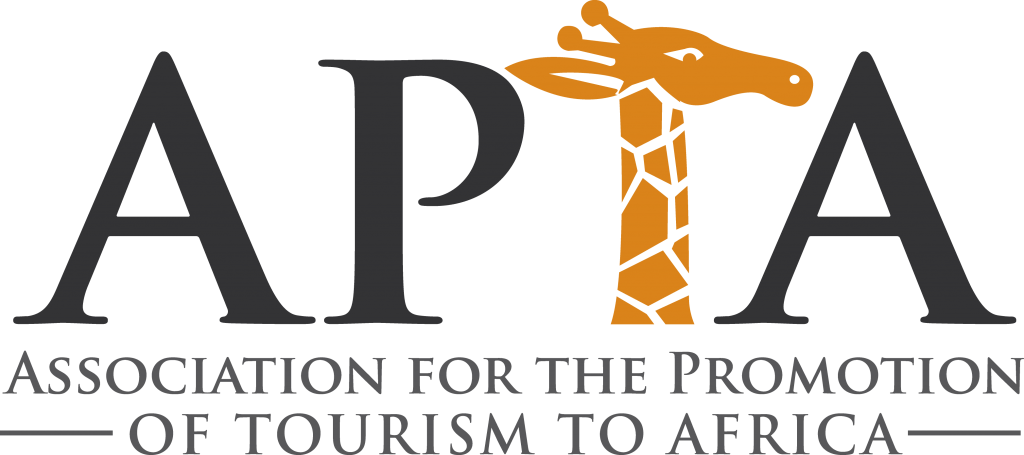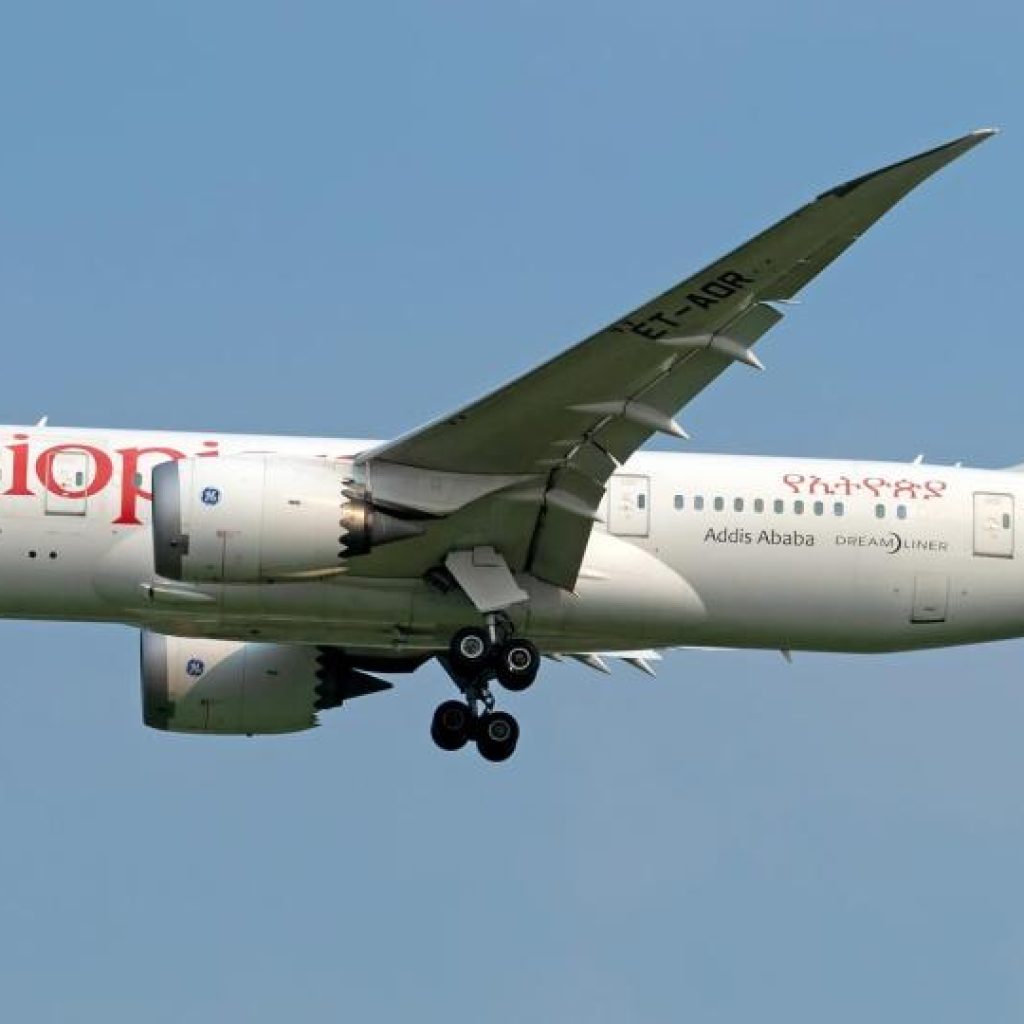
The Kingdom of Eswatini has published its official Tourism COVID-19 Health & Safety Guidelines as part of an ongoing process to help relaunch the country’s tourism industry.
The guidelines, endorsed by the World Health Organization, have been created by the Eswatini Tourism Authority (ETA) and Ministry of Tourism and Environmental Affairs in partnership with the Hospitality & Tourism Association of Eswatini.
“The launch of the National Tourism guidelines is aimed at strengthening confidence in our clients, both local and international, that is it indeed safe to visit and explore Eswatini as all measures to prevent COVID-19 are in place,” said Minister of Tourism, Moses Vilakati.
Tourism plays a vital role in the country’s economy by supporting local communities and conserving natural environments and wildlife.
CEO of the ETA, Linda Nxumalo, said the reopening of the landlocked country’s borders would largely be dependent on what happened in South Africa. “South Africa is a core market for us and we have been working very closely with our counterparts there to ensure we are aligned.
“At the moment, business travellers from South Africa are subjected to testing three days prior to entering Eswatini to avoid quarantining and we are looking at implementing that once we reopen for all travel.”
Nxumalo said the association was trying to ensure that Eswatini was seen as a COVID-19-compliant destination. “We will enforce these regulations through various training programmes, and municipalities will have the responsibility of monitoring establishments,” she said.
“We are piloting a digital platform to track and trace our tourists, and tourism product owners will have to connect to this platform once it is live.”
Nxumalo added that the new costs associated with the pandemic would be taken care of by the government but noted that the tourism private sector had stepped in as well.
“Should there be a tourist who is infected with the virus, we have made sure that all accommodations have an isolation room. We have set up an emergency number and have a designated doctor who will be taking care of our tourists,” she said.






About The Author: David DiGregorio
More posts by David DiGregorio